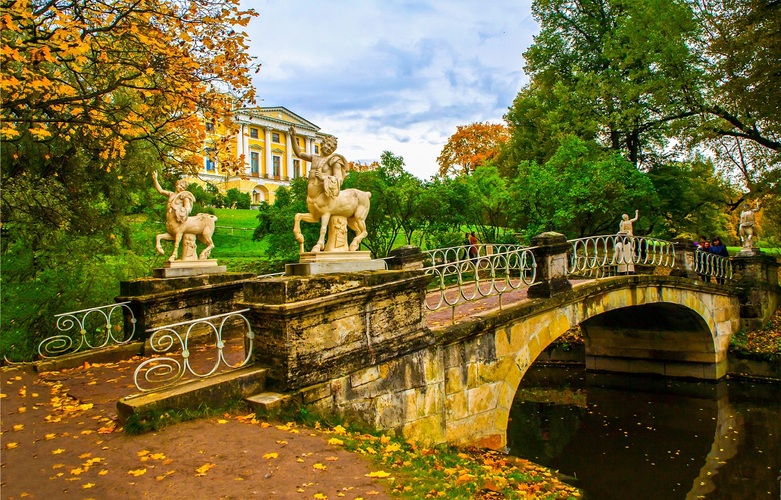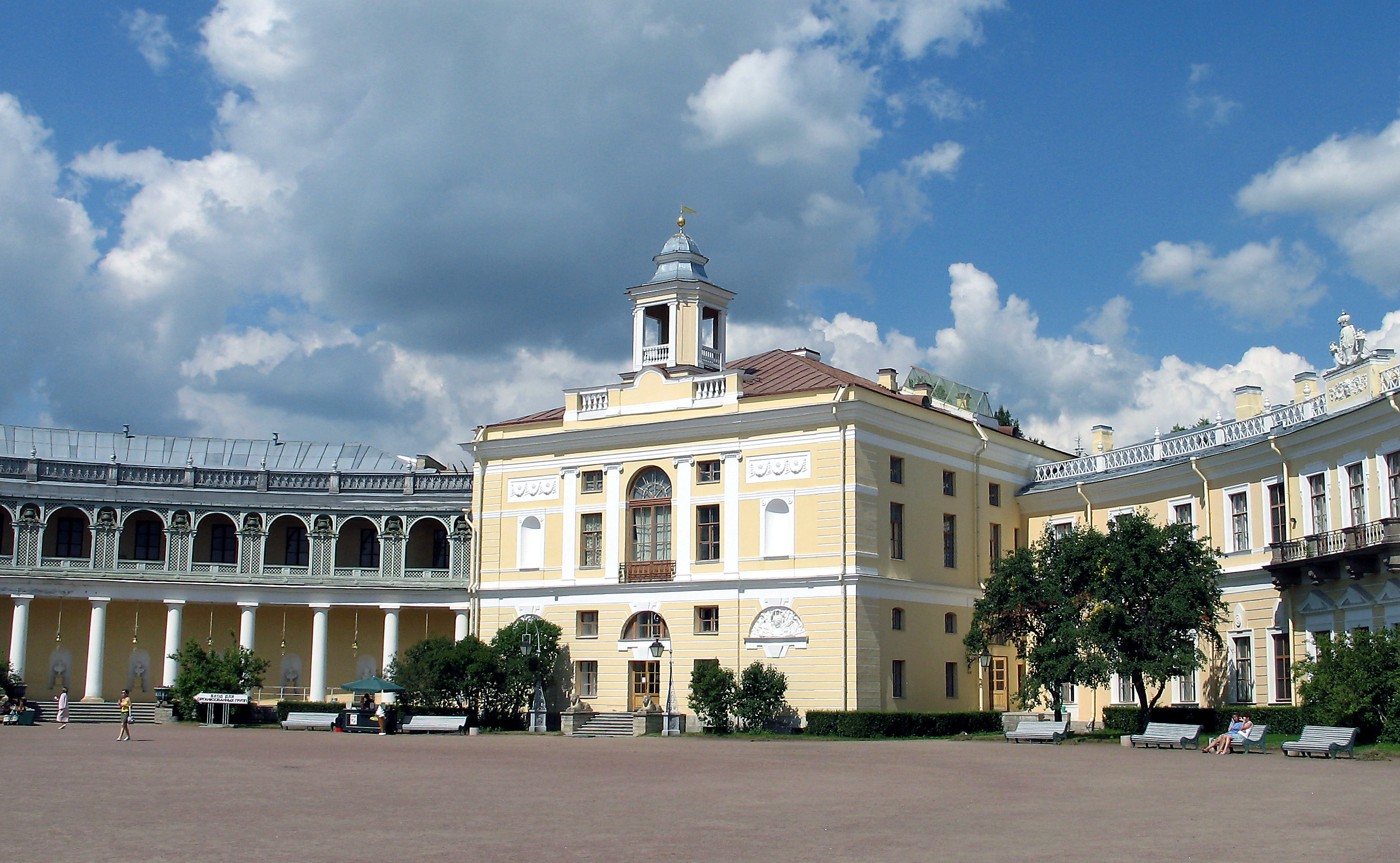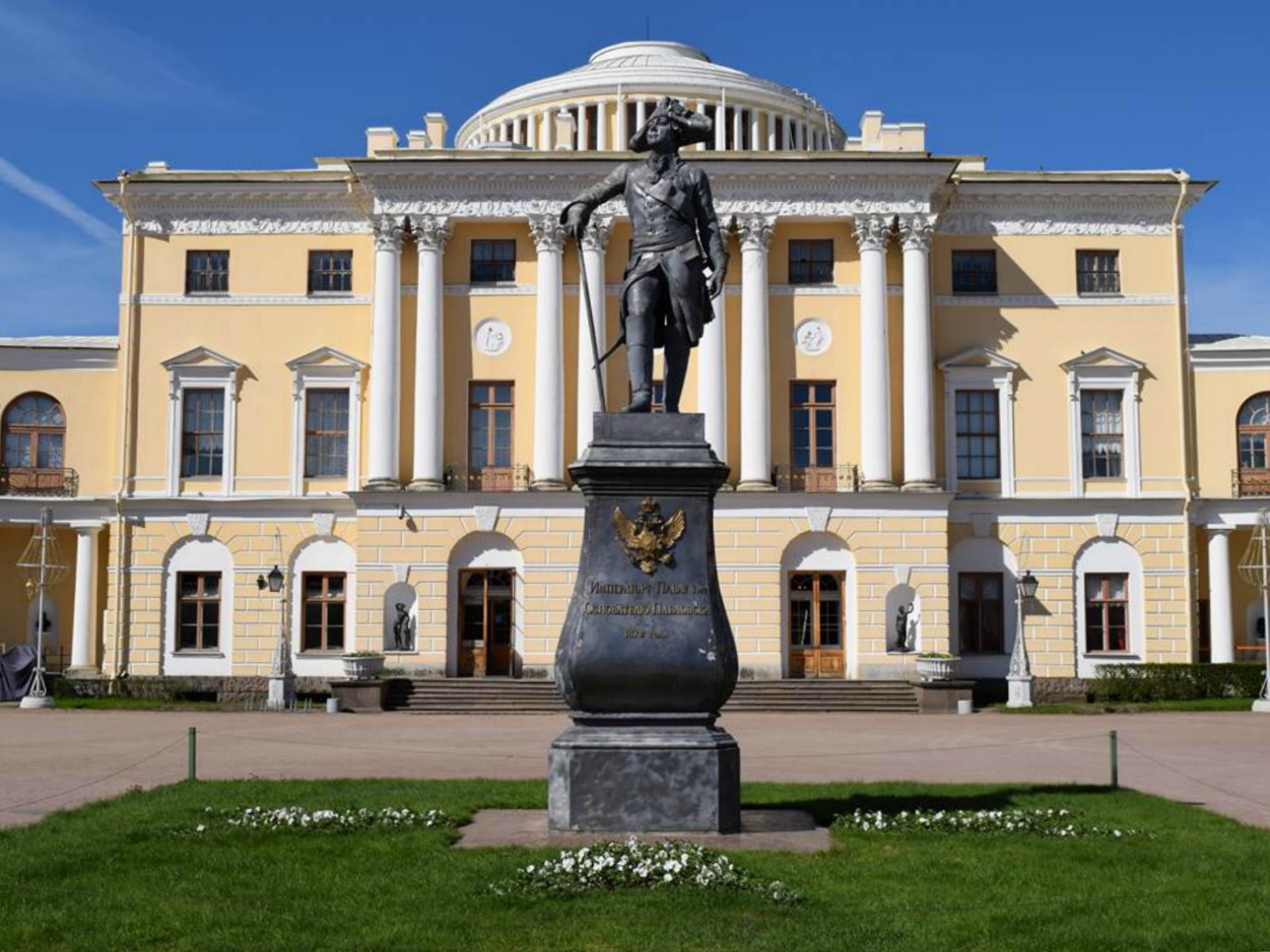
Visit Pavlovsk 2022 Travel Guide for Pavlovsk, St. Petersburg Expedia
Creation and Development of Battlefields Park. Battlefields Park, the pride of Quebec City, is celebrating its hundredth anniversary in 2008. Created as part of the tricentennial celebrations, the park's original purpose was to give residents and visitors a green space in the heart of the city, and to preserve and commemorate the site of the battles of 1759 and 1760 between British and French.

Pavlovsk Palace and Park. Buy excursions in Saint Petersburg suburbs.
The Pavlovsk Palace was built by the court architect of Catherine II, Charles Cameron, for Catherine's son Paul. Catherine gave the lands along the Slavianka River, a mere three miles from her palace in Tsarskoe Selo, to her son Paul and his wife Maria Fedorovna upon the birth of their first son, the future Emperor Alexander I.

Pavlovsk Palace and grounds Russia 2016 by wildplaces on DeviantArt
Stretching back to the north and east of the palace, the park covers a massive 607 hectares in total, much of it deep woodland. Although it would take almost a day to explore the whole area, the most interesting sections of the park - and most of the follies - are along the banks of the Slavyanka.

Pavlovsk Palace, Pavlovsk, 1786. by Charles Cameron.
Pavlovsk Palace The centrepiece of the Pavlovsk ensemble is the Great Palace, a marvellous specimen of Russian Classicism of the late eighteenth and early nineteenth centuries. It was built by Charles Cameron between 1782 and 1786. Being an admirer of the antique art, Cameron lent to all his creations an air of classical austerity and elegance.

Pavlovsk Palace and Park a single palace and park ensemble of the Neoclassicism of the late
Pavlovsk Park and Pavlovsk Palace make up a single palace and park ensemble. The English-style landscape park, covering an area of about 600 hectares, was cr.

Slideshow for album Pavlovsk Palace
Pavlovsk Palace ( Russian: Павловский дворец) is an 18th-century Russian Imperial residence built by the order of Catherine the Great for her son Grand Duke Paul, in Pavlovsk, within Saint Petersburg. After his death, it became the home of his widow, Maria Feodorovna.

Pin on The Imperial Pavlovsk Palace
The Pavlovsk park, now one of the finest examples of landscape gardening, was laid out on a tract of land covered with swamps and forest. Its numerous decorative pavilions and remarkable statuary have been skilfully introduced into a landscape background; nature and art are blended here in the utmost harmony.

Palace In Pavlovsk Park St. Petersburg Russia Ti Stock video footage 2181793
The Pavlovsk palace and park ensemble was created during the heyday of Russian classicism in the late 18th and early 19th centuries. It is a UNESCO World Heritage Site. The golden-white palace, built on the high bank of the Slavyanka, is visible from afar. It is noticeable by its three-story central building with a flat dome on sixty-four.

Pavlovsk Great Palace St Petersburg, Russia Attractions Lonely
The Pavlovsk Great Palace, a true jewel of Ch. Cameron's work, stands on a high hill visible from the most remote nooks of the park. Ch. Cameron also designed the Obelisk in honour of the foundation of Pavlovsk and basically mapped out the areas of the Great Star and the White Birch.

6 wonders of Pavlovsk park & palace near St. Petersburg Russia Beyond
Pavlovsk is a gracious residential district on the outskirts of St. Petersburg that blossomed and flourished around the Grand Palace, one of the primary residences of the Romanov dynasty. Photo of the Pavlovsk Palace in summer. Located 27 kilometers south of St. Petersburg, this Russian town rose as a cultural setting for classical concerts.

Pavlovsk Palace. Italian Room European palace, Palace interior, Palace
The main building is the Great Palace, a domed, rectangular structure, surrounded by 1,500 acres (600 hectares) of park. The palace and grounds became a museum after World War I but were extensively damaged by the German occupation of 1941-44. Restoration of the palace and the park began in 1946 and was completed in 1973. Pop. (2006 est.) 25,835.

Great Pavlovsk Palace Anna Pavlovna
The Pavlovsk park, one of the largest in our country (600 hectares in area), may be called an encyclopedia of landscape architecture. Its layout reflects all the main trends in European eighteenth and nineteenth century garden design.

Visit Pavlovsk 2022 Travel Guide for Pavlovsk, St. Petersburg Expedia
History of Pavlovsk | The Ruined Palace | Palace Facade. Oval Boudoir | The Park | Pavilion of the Graces | Palace in the Snow | Gates of Pavlovsk | Apollo Colonnade | Temple of Friendship | Palace Plans. Visit a 13th century Byantine palace and learn about Imperial life.

Pavlovsk Palace and Park Strelka Tours
Pavlovsk Park. A superb example of English-style landscaping, this huge park has beautiful rolling vistas, dense woodland, and several charming follies. Open: Daily, 6 am to 12 pm. Admission: May 1 to October 31, Daily, 10.00-18.00: Adult: RUB 150.00. November 1 to April 30: Saturday, Sunday and public holidays: 10.00-18.00: RUB 150.00.

Pavlovsk Park Jigsaw Puzzle
The Pavlovsk Park ( Russian: Павловский парк) is the park surrounding the Pavlovsk Palace, an 18th-century Russian Imperial residence built by Tsar Paul I of Russia near Saint Petersburg. After his death, it became the home of his widow, Maria Feodorovna. It is now a state museum and a public park. Design and conception

Pavlovsk Palace. The Pavlovsk palacepark ensemble. Дворцы, Павловское, Круизы
Pavlovsk Palace, a splendid example of the 18th century Russian architecture, towers above its park on a small hill. The interiors designed by the outstanding architects are a bit like the rooms of Versailles but in a small copy. The residence bears the name of Russian Tsar Paul I, whose name is pronounced Pavel in Russian.